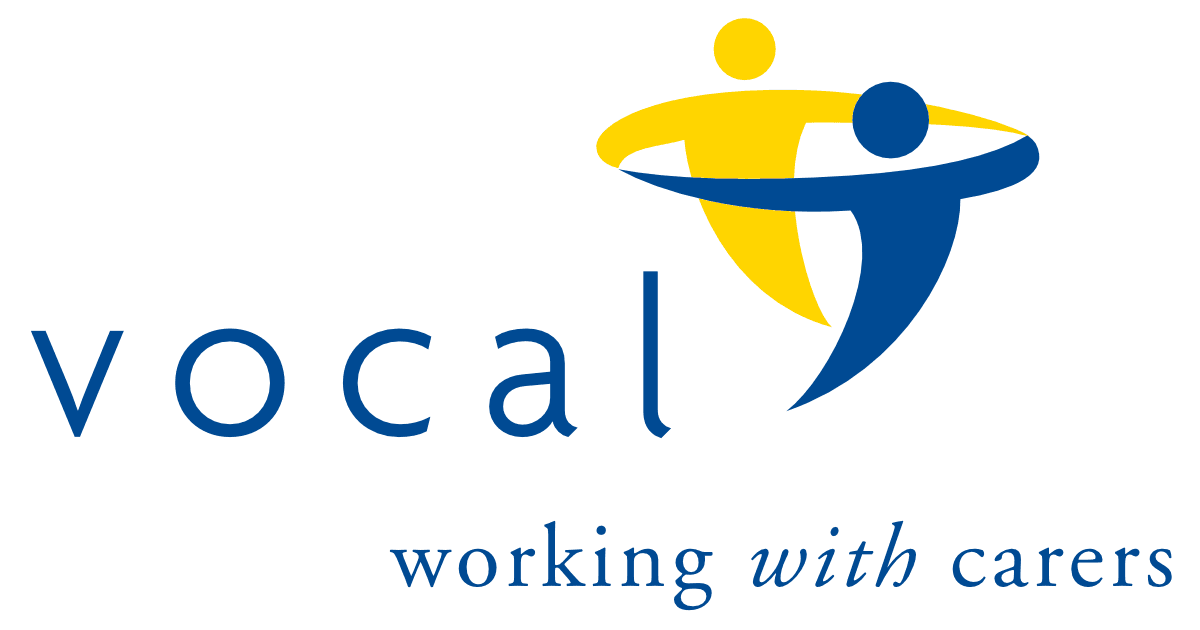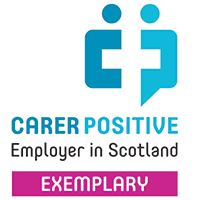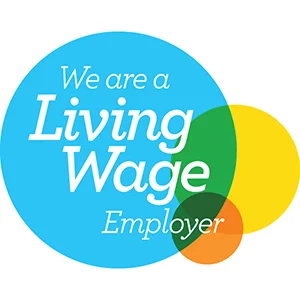For the full information on who is eligible for Carer Support Payment and how to apply, please visit the Scottish Government website.
It is paid at £81.90 per week.
Social Security Scotland have now selected all cases expected to move from Carer’s Allowance to Carer Support Payment. If you previously received Carer’s Allowance, you should have received a letter to let you know about the transfer to Carer Support Payment. If not, contact Social Security Scotland on 0800 182 2222 or through alternative options on their website.
Eligibility criteria for Carer Support Payment
- You are age 16 or over
- You usually live in Scotland (if you have recently moved to Scotland, you may still be eligible, for example if you have refugee status or the person you care for has a terminal illness)
- You provide care for 35 hours per week or more
- You do not earn above the threshold of £196 per week, after deductions (National Insurance, tax and expenses)
- The person you care for receives a qualifying benefit
- Some students are eligible for CSP (whereas they are not eligible for CA) – see the full list of eligible students on the Child Poverty Action Group website
Qualifying benefits received by the cared-for person
- Adult Disability Payment (daily living component)
- Child Disability Payment (middle or highest care rate)
- Pension Age Disability Payment
- Attendance Allowance
- Personal Independence Payment (daily living component)
- Disability Living Allowance (middle or highest care rate)
- Constant Attendance Allowance at or above normal maximum rate with Industrial Injuries Disablement Benefit
- Constant Attendance Allowance at or above the basic (full day) rate with a War Disablement Pension
- Armed Forces Independence Payment
The meaning of “providing care”
- Helping with dressing, washing, cooking or taking medications
- Taking the person you care for to a doctor’s appointment
- Helping with household tasks, like managing bills, shopping or translating important documents (if English is not the first language of the person you care for)
- Spending time with the person you care for
- Providing social and emotional support











